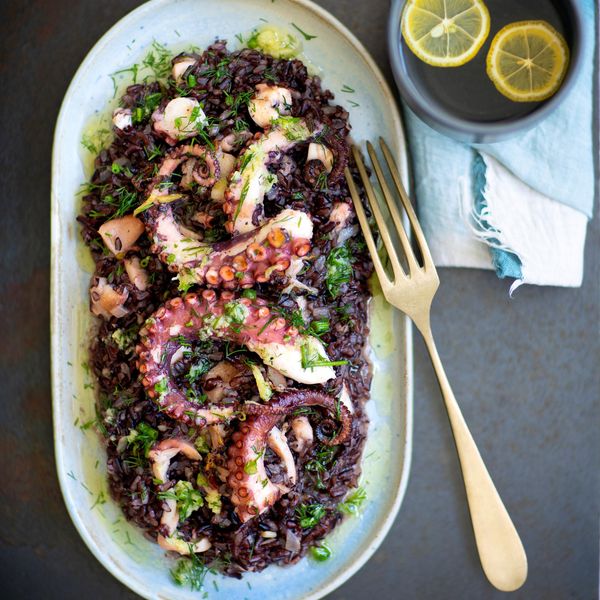
It is well known that fish is good for you, even more so in pregnancy. Now it seems that it is also good for pregnancy. In the sense that it enhances fertility. Seeing is believing.
Is fish the food of love, and babies? (Is fish the food of love and children?): this is the title of the prestigious New York Times which offers a rich review on the fact that fish, and above all a certain fish, in addition to being a friend of health, enhances fertility, for the man and for the woman. [Read also: horseradish helps fertility]
I study
Basically, according to an American study by the Harvard TH Chan School of Public Health in Boston, published in the Journal of Clinical Endocrinology and Metabolism, fish has an aphrodisiac power (and this was known) and increases the chances of expanding the family. Therefore, a reason is added, and not just, to consume it in quantity, as if the fact that it is healthy, it is good and occupies a prestigious place in the nutritional pyramid were not enough.
More than 500 pairs
In essence, the researchers interviewed 501 couples looking for the stork without any artificial help. All the people interviewed kept a diary recording a variety of information of various kinds, including the weekly diet and the time elapsed between attempts and conception.
Fish eaters versus non-eaters
In the end, the researchers correlated the data and found that within 12 months, 92 percent of fish-eaters were expecting a baby versus 79 percent of non-fish eaters. The mechanism remains unclear and it is necessary before proclaiming this link to relate all the data to each other (diet, lifestyle, age, education, etc.). For the moment, however, it seems certain that some properties of fish, and especially of some fish, improve sperm quality and affect ovulation, making the cycle more regular.
Expert advice
In particular, nutritionists recommend to men the fattest fish, such as salmon, mackerel, herring and tuna, among the richest in omega-3s, while women, especially pregnant or in the process of pregnancy, are advised not to exceed the three weekly portions of fish to limit exposure to mercury, which can cause defects and anomalies, even important to the fetus.







